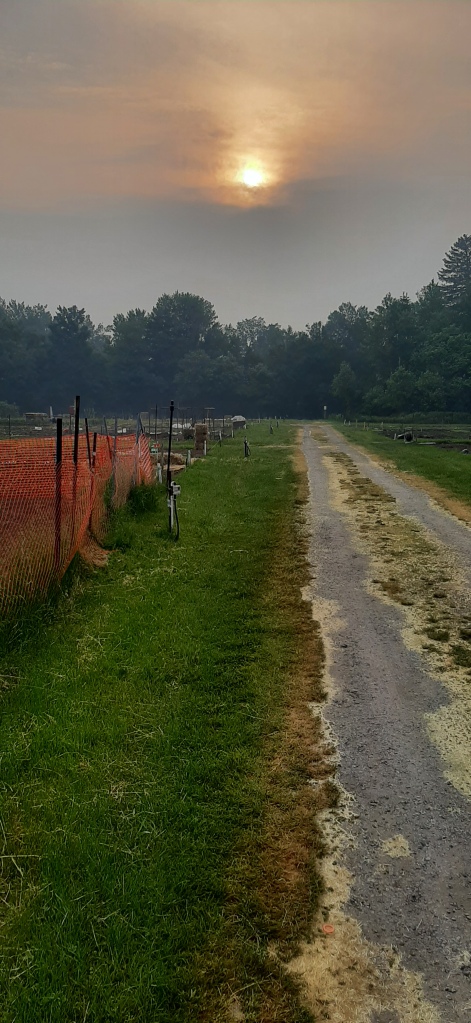
Gather around and warm yourself by the glimmering sparks of evidence-based science in the ruined infrastructure of the platform previously known as Twitter as we provide the 2023 version of the professional use of social media by physicians and in medical education.
Well, things might not be quite that bad, but for the first time in 11 years of speaking to first year medical students at uOttawa I was not telling them that use of social media can definitely be of benefit to them professionally and that the platform previously known as Twitter is their best option.
To quote Mark Carrigan, a lecturer at the University of Manchester: “I believe Twitter can now be a dangerous place for many academics, particularly if they are from minoritized groups.”
While some of us have been hanging on grimly to our presence on X (the platform previously known as Twitter), hoping the situation will change for the better rather than continue to get constantly worse, many prominent physicians, patient advocates and others have fled X for other platforms such as Mastodon or threads. And things seem to be getting worse.
Earlier this week, moderators of one of the only remaining compelling and inclusive medical and healthcare tweetchats #hcldr announced that it would be winding down. Medical and health tweetchats of distinction have been discontinued but in this case the situation seemed sadder. As one of the #hcldr co-hosts Joe Babaian (along with Colin Hung) wrote in a blog announcing the move: “We all know what a hugely different place Twitter is … The vehicle is damaged.”
In my presentation to uOttawa students I discussed the many ways Twitter (now X) has declined over the last couple of years and how many alternatives have arisen in an attempt to replace it. However, as others have pointed out these alternatives have not successfully filled the void for those interested in medicine or healthcare, especially academics.
“We’re in a situation now where it’s not clear that any of the alternatives (to Twitter) will become the alternative. We’re entering a more fragmented landscape where the path to visibility and promotion is going to involve maintaining a presence across a whole range of platforms,” Carrigan wrote, adding that this will require a relatively sophisticated understanding of the platforms and a strategy for using scheduling software. “Any lingering sense of Twitter as a democratising space where academic hierarchies can be levelled, further falls apart under those conditions.”
His views were echoed more forcefully by Professor Inger Mewburn, director of researcher development at The Australian National University who wrote a blog titled: The enshittification of academic social media.
“Telling academics they can achieve career success by using today’s algorithmic-driven platforms is like telling Millennials they could afford to buy a house by eating less avocado on toast,” he wrote in the July 10 blog. “It’s a cruel lie because social media is a shit way to share your work now. Basically, it’s no longer true that you can build a substantial audience by doing Good Work and telling people about it. Today you can talk about your research on social media platforms all you want, but hardly anyone will hear you unless you pay cash money because Algorithms.
Mewburn closed his blog with tips for academics and students and some of these aren’t half bad such as noting social media can be social and a good place to have fun and chat with people and that you should always “own” your own content rather than just produce it on social media platforms. He also urged teachers not to use social media as tools in their classrooms as it may exposure students to the toxic elements that now seem to define much of the social media landscape.
In the face of all of this doom many continue to maintain that X and social media platforms are in general are vitally important places for physicians and others to maintain a presence if only to challenge the politically motivated misinformation about medical and health issues that continues to cost people lives. As Dr. Teresa Chan, the inaugural dean of the medical school at Metropolitan University in Toronto told me earlier this summer: We need to be on social media because the world is on social media. We have to learn to fight misinformation – not be part of it!”
Tim Caulfield, Canada Research Chair in Health Law and Policy and a leading debunker of health misinformation had a similar message for those attending the Canadian Medical Association Health Summit in Ottawa in August. After tracing the leading role social media has had in spreading life threatening falsehoods, he told physicians they had a critical role to play in challenging this information.
X may now be a lousy place to network with your colleagues and associates and grow academic credibility by sharing links to your studies. But if you are of an altruistic bent and believe that advocating for science-based knowledge is important it might be worth hanging in there until the entire platform shatters under mismanagement or falls off a flat earth.
